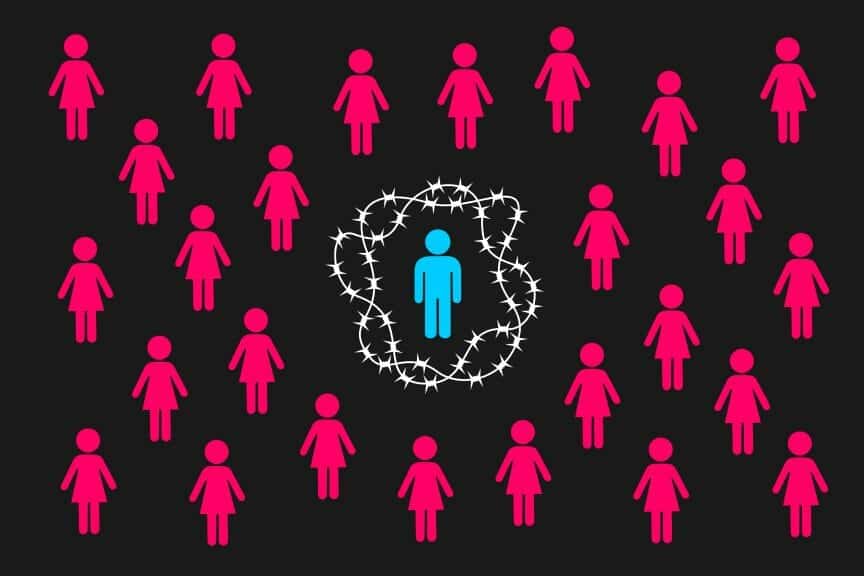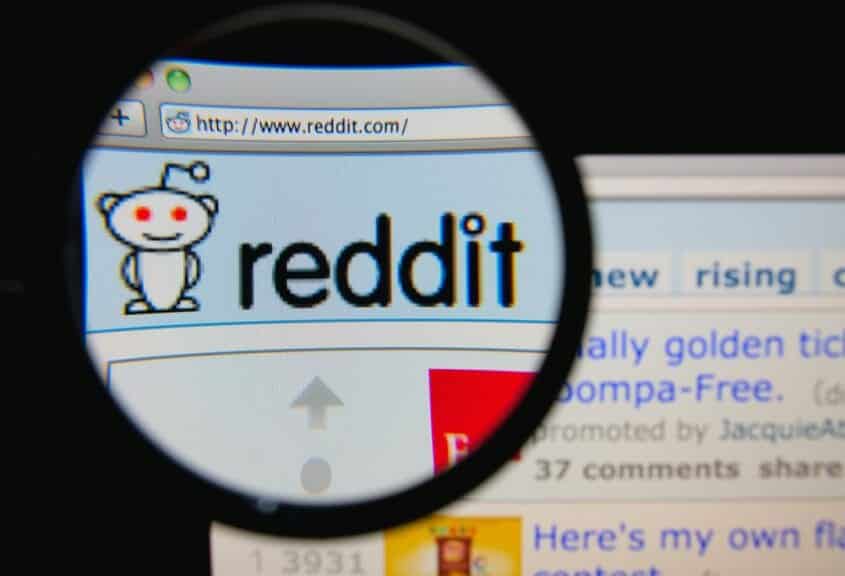Platforms like Reddit and 4chan do not have the most favourable reputations. The mention of them will conjure images of 14-year-old edgelords or misogynistic middle-aged men. However, this behaviour is not confined to degenerate corners of the internet. The real-world impact of right-wing internet culture is far more ominous and violent than one may expect.
Daniel John Harris, a 19-year-old from Derbyshire, has been sentenced to 11 years behind bars. His crime? Posting some videos. More specifically, videos that inspired the Buffalo shootings, a racially motivated mass shooting in May 2022. The shooter directly thanked Harris for his videos online: “Shoutout to [Harris], thank you for your service.” Another mass shooter, this time targeting the LGBTQ+ community, most likely also consumed Harris’ content. So, how did these videos translate into and inspire such violence?
Right Wing Online Spaces
Social media can become somewhat of an echo chamber of opinions due to algorithms and suggested content. We are more likely to see posts that conform to pre-existing ideas and biases. While this can aid in creating communities of like-minded people, it can also blinker you to other opinions. Homogenising content and opinions in this way leaves little room to critically think about our beliefs. Those who fall down the alt-right pipeline are therefore likely to remain there, or sink further into these ideologies.
Online communities on Reddit and 4chan offer the most notorious examples of this insular bigotry. For example, the original r/incel subreddit was taken down due to the alarming and violent misogyny its users exhibited, with over 40,000 members at the time. Incel (meaning involuntarily celibate) forums, although innocent in origin, have spiralled into cesspits of rape and femicide threats.
People within these spaces become radicalised by racism, misogyny and homophobia. Bitter, angry young men looking for role models find community with those who reinforce and reward their bigotry, with their own unique terms and concepts. Becoming ‘-pilled’ (gaining a new perspective, usually through developing chauvinistic tendencies) and becoming an ‘orbiter’ (a man who revolves around gaining approval from an ‘egirl’) may mean very little to the average person but they are central terms in many alt-right online communities. These terms, incomprehensible to the masses, aid in keeping this bigotry undetected by the majority of internet users. But what happens when internet culture escapes the confines of the online sphere?
Real Life Violence
Daniel John Harris’ videos are rife with white supremacist rhetoric. One video called “How to Achieve Victory” calls for the total extermination of “sub-humans”. Another pays homage to the white supremacist who killed British MP Jo Cox in 2016. The judge at Manchester Crown Court referred to Harris as a “propagandist for an extremist right-wing ideology” due to his contact with and influence on other right-wingers online. Such content is therefore a direct attack and threat to minorities, explicitly inciting violence against them.
These incidents are becoming startlingly common. Since 2014, violent acts inspired by aspects of right-wing internet culture have increased in frequency and become the topic of media criticism. One such example is the 2021 Plymouth shooting, where the 22-year-old perpetrator was a self-professed incel. His murder-suicide only cemented his status as a martyr of inceldom, a tortured every-man of the manosphere. Elliot Rodger, the perpetrator of the 2014 Isla Vista attacks, is deemed ‘saintly’ in a similar way within the community, with memes of his face super-imposed onto religious figures. Rodger is arguably one of the progenitors of the movement, achieving a cult-like worship and following.
Calls to violence spread more rapidly and easily due to the accessibility of social media. Although social media can be effective in organising positive social change, the reverse is equally true. There is the potential for hundreds of thousands of internet users to stumble down the rabbit hole of alt-right content so a rise in hatecrimes is an inevitable consequence of its popularisation, gradually taking on more extreme ideas with little awareness of their descent.
Why Are People Drawn to This?
Feelings of loneliness and social awkwardness may initially draw people to these online spaces. Initially gaining sympathy and community may inspire feelings of self-pity and bitterness. Blaming others for their own shortfalls is far easier than committing to self-help or a change in mindset, and others sharing their problems means they feel more comfortable expressing extreme views.
In a study by William Costello, incels and those who subscribe to similar ideologies were reported to lack empathy and ruminate more than the rest of the population. They also feel a sense of moral superiority and have a need to be recognised that is often unmet. Furthermore, 70% of the incels interviewed experience moderate to severe depression and anxiety, compared to 33% and 40% of the general population, respectively. These factors can act as a cause or equally a consequence of belonging to these online subcultures. However, it is important to note that these factors can explain bigoted attitudes, not excuse them, since these views have material consequences.

Central to these online spaces is a disdain for feminism and racial equality movements. Thus, the aforementioned attacks may be a means of asserting power to combat feelings of helplessness, or a way to feel powerful in the face of social change that ‘threatens’ the position of the cis-het white male in society. A belief in white male superiority and sexual entitlement to women’s bodies both act as integral pillars of right-wing internet culture, with many right-wing terrorists citing the supposed death of white male privilege as motivation in manifestos and online entries.
Current Internet Culture
It is hard for the average person to consider the reasons for such violent hatred. It is, however, an increasingly common fact of existence. With figures like Andrew Tate rising into the mainstream, the possibility of right-wing extremist radicalisation is high. What initially seems like self-help and self-esteem advice quickly turns into blaming minorities for personal issues. Tate’s recent imprisonment for suspected sex trafficking further cements the ominous underbelly of such content. Young men still look up to him despite his crimes, showing the blind idealisation and lack of critical thinking that these figures thrive off of.
Being cautious and aware is key to prevent falling down this pipeline. Thinking critically is possibly the most powerful tool in avoiding these online spaces. Rejecting stereotypes of minorities and recognising dogwhistles can further strengthen your immunity, since not many people can reform after falling down all the way.














